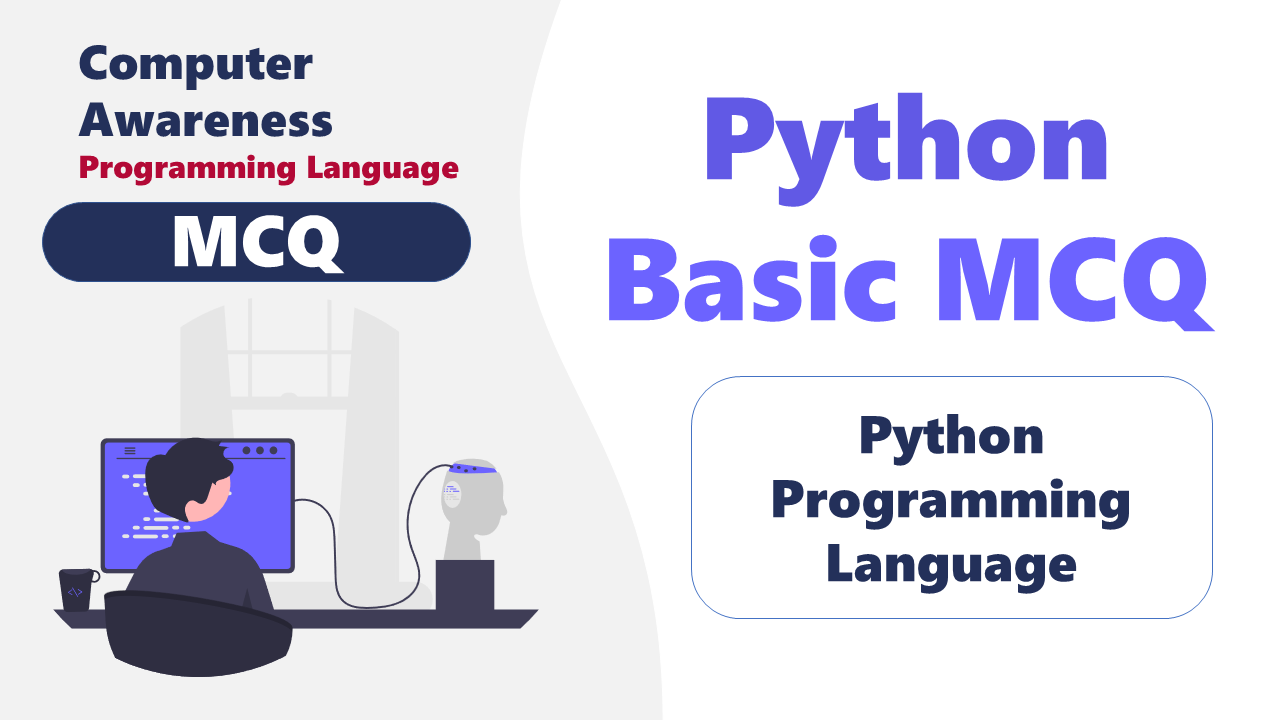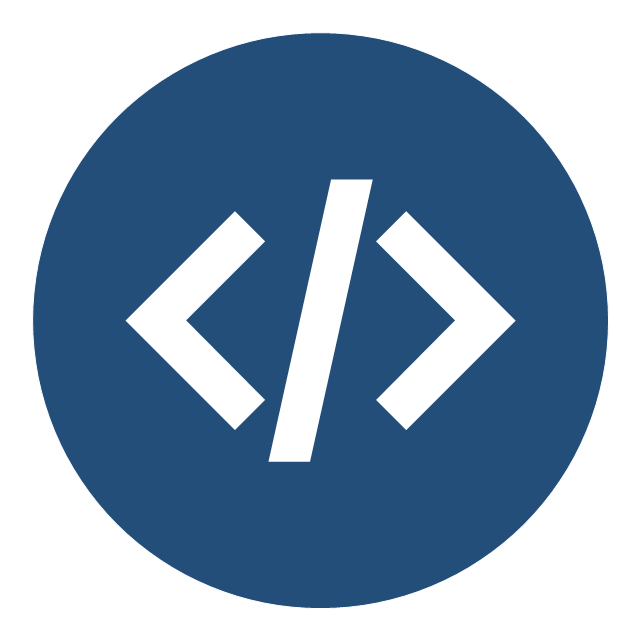- A 3.3
- B 3.5.1
- C 2.4
- D 2.6
Answer:
B
3.5.1
 Python Basic MCQ
Python Basic MCQ
 Python String MCQ
Python String MCQ  String Formatting in Python
String Formatting in Python  Python Generators MCQ
Python Generators MCQ  Python Variable MCQ
Python Variable MCQ  Python Data Types
Python Data Types  Python Operator MCQ
Python Operator MCQ  Python List MCQ
Python List MCQ  Python Tuple MCQ
Python Tuple MCQ  Python Dictionary MCQ
Python Dictionary MCQ  Python Set MCQ
Python Set MCQ  Python if else MCQ
Python if else MCQ  Python While Loop MCQ
Python While Loop MCQ  Python for Loop MCQ
Python for Loop MCQ  Python Functions MCQ
Python Functions MCQ  Python Built-in Functions MCQ
Python Built-in Functions MCQ  Python Module MCQ
Python Module MCQ  Python Random Module MCQ
Python Random Module MCQ  Python Date Time MCQ
Python Date Time MCQ  Python RegEx Module MCQ
Python RegEx Module MCQ  Python Class Method and Objects MCQ
Python Class Method and Objects MCQ  Python File Handling
Python File Handling  Python Errors and Exceptions Handling
Python Errors and Exceptions Handling 
Master Python Basics with Our Comprehensive Collection of MCQ Questions - Whether you're a beginner looking to get started with Python or an experienced coder looking to brush up on your skills, our Python basic MCQ questions can help. With a wide range of topics covered, from data types and variables to loops and control structures, you can test your knowledge, identify areas for improvement, and take your Python skills to the next level. Start your journey to becoming a Python pro today by visiting our site and getting started.
In this section you will learn basic MCQ questions of python programming language